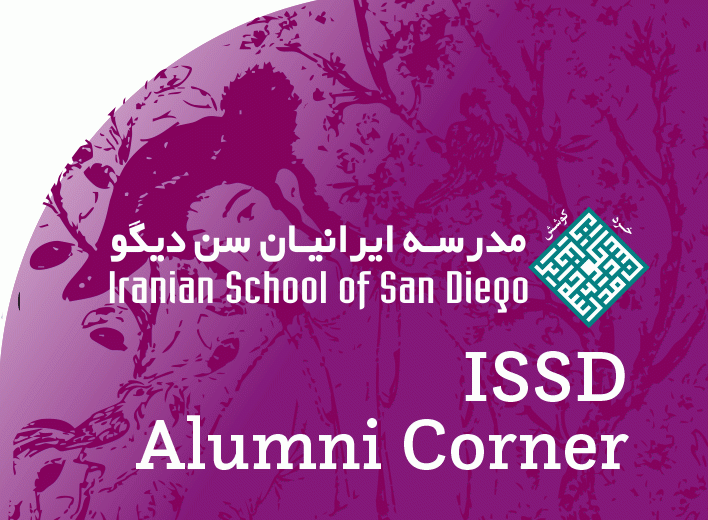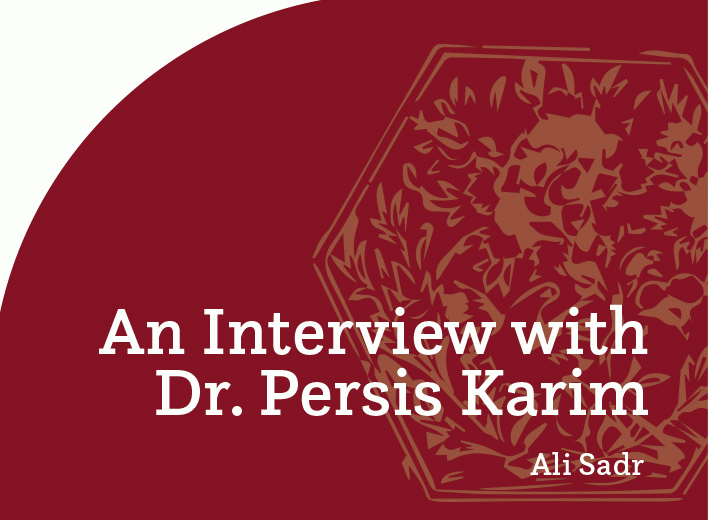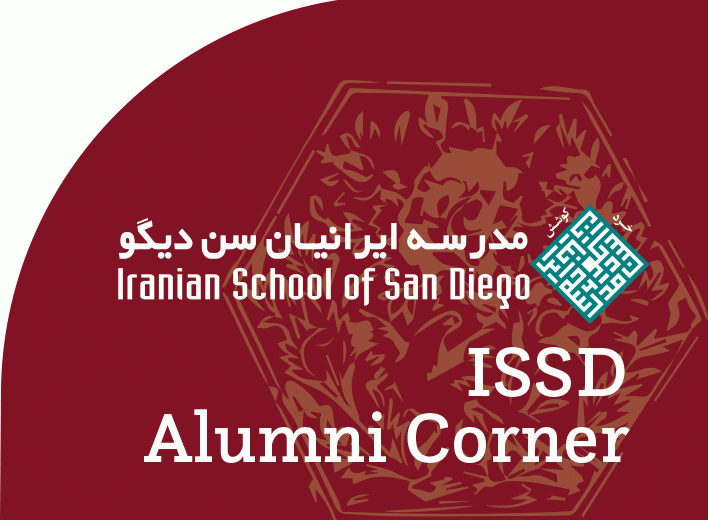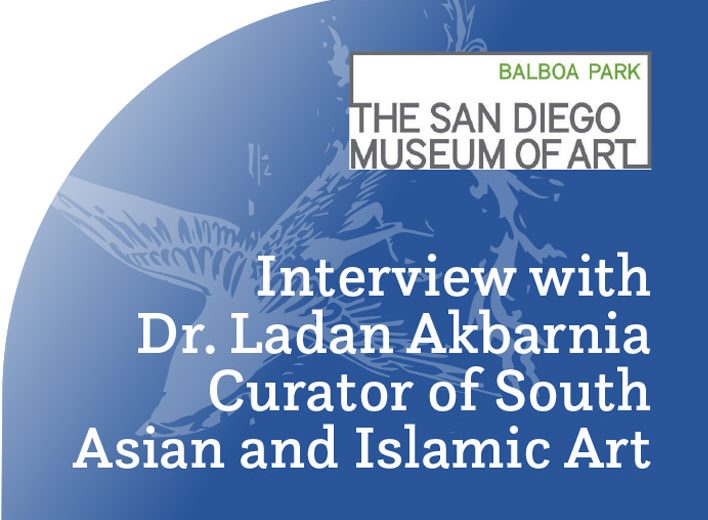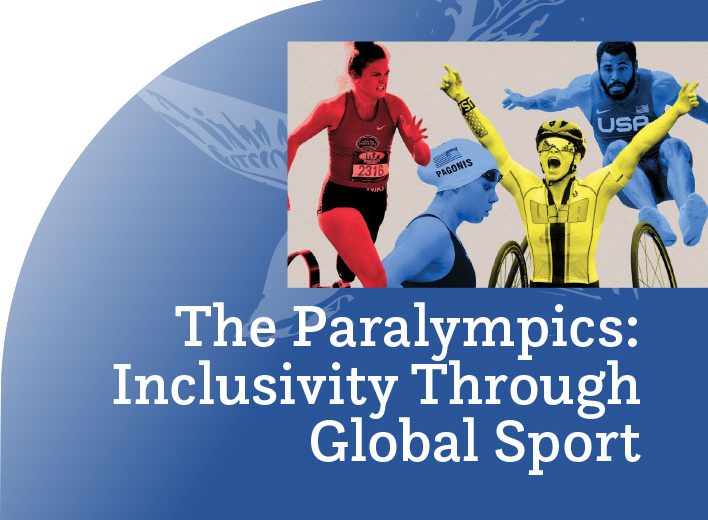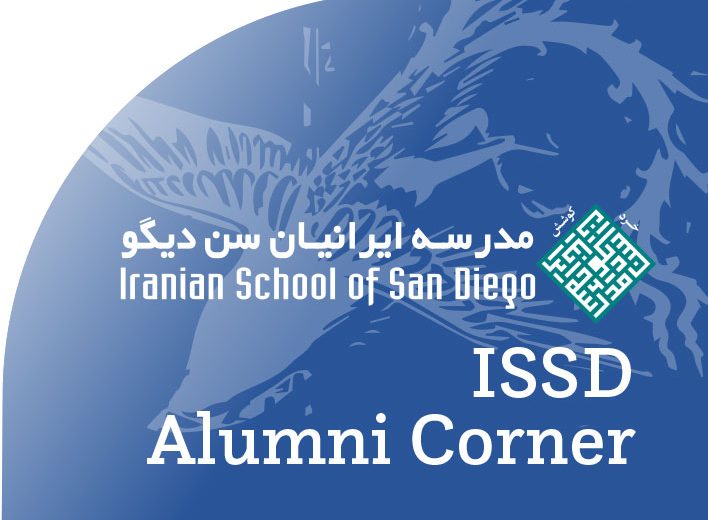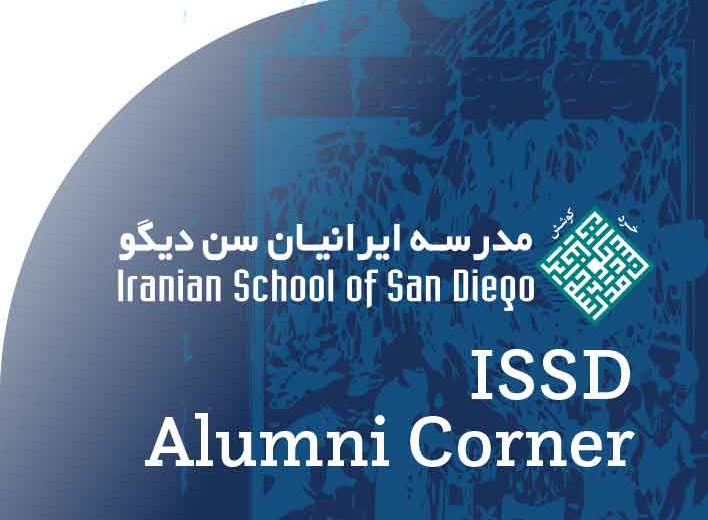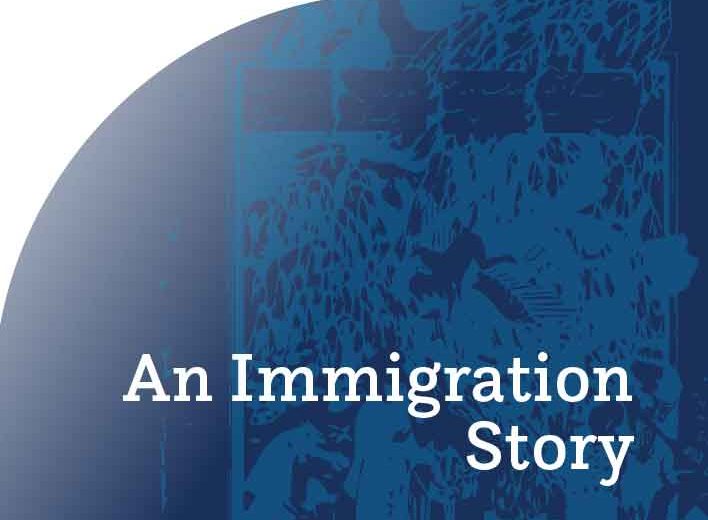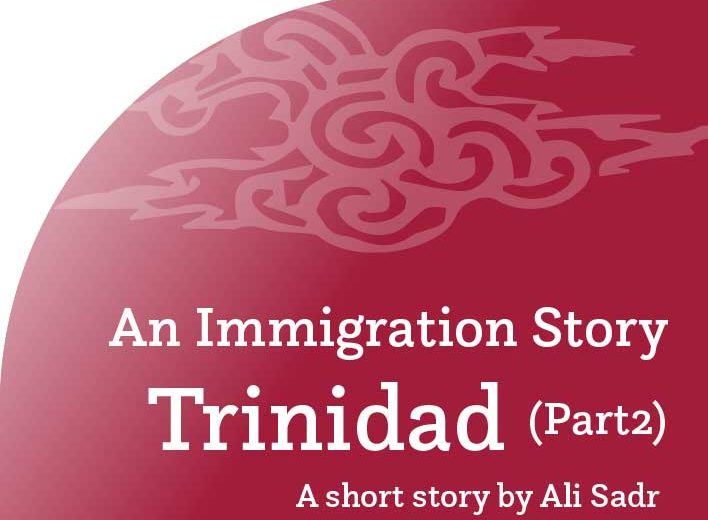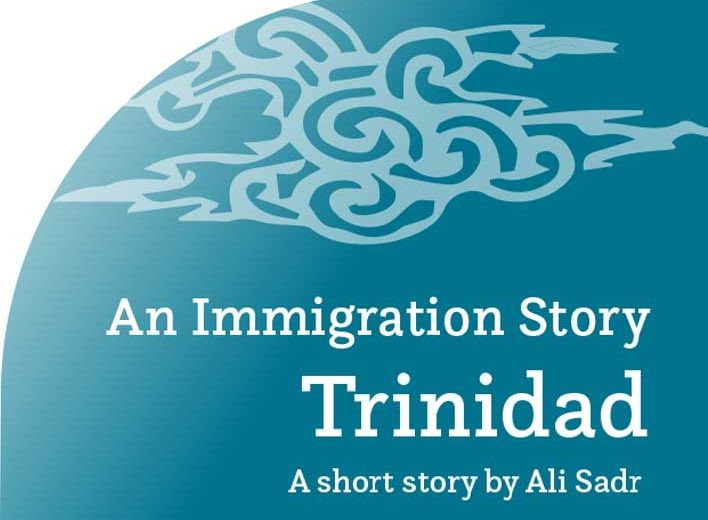An Immigration Story: An Interview with Maryam Iravanian (Part 2)
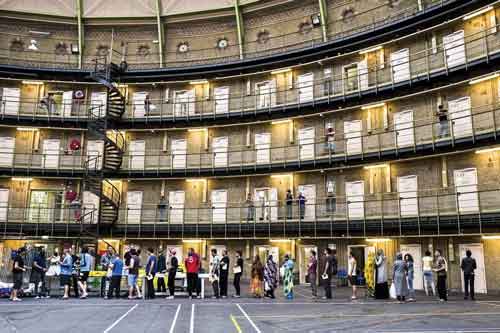
The immigration story of every person is important enough to be worth documenting. The more diversified the background of these persons and their families is revealed, the more colorful the picture is portrayed for the reason behind their immigration. We aim to show the younger generations the logic behind the compulsory emigration of so many people despite knowing life wouldn’t be easy in the new country.
In the last issue, we began covering the immigration story of yet another member of our community—Ms. Maryam Iravanian—who left Iran over 25 years ago. The reader may remember that Ms. Iravanian graduated from the Department of Horticulture at Pahlavi University, pursued further education in England, returned to Iran and began her career with the Parks and Recreation Department in Tehran as a supervisor, and was then imprisoned in Evin Prison after the revolution for her political views. We continue her story here, after finding out in the last issue that Ms. Iravanian had been unexpectedly released from prison.
Part 2
Reza Khabazian (RK): Thank you for continuing to share your immigration story with our readers. I know it’s a difficult subject. Could you take us back to your time in Evin Prison and explain why you were released?
Maryam Iravanian (MI): It wasn’t a release in the usual sense; it was conditional and intended solely for me to receive urgent medical care. The conditions were that I had to visit the prison once a week and leave the title to my house as a security deposit to ensure I wouldn’t leave the country. However, as soon as my health improved, I decided to leave Iran.
RK: Was there a particular reason behind your decision to leave?
MI: Primarily, I wanted to save my life and protect my young daughter. I didn’t want her to suffer under the unbearable conditions in Iran.
RK: How old was your daughter at the time?
MI: She was 19, and my son was 25.
RK: Did they also want to leave, or was it your decision alone?
MI: It was my daughter’s decision, too, but my son chose to stay, get married, and possibly join us later.
RK: Can you explain how you and your daughter managed to leave Iran?
MI: I knew that leaving Iran would likely result in our house being confiscated, but at that time, material possessions didn’t concern me. We sold everything we could, and with the help of family members, we gathered enough funds to hire someone to help us escape. He managed to obtain a false passport for me. My daughter already had a valid passport and could travel without issue.
RK: Did you leave Iran by air?
MI: Yes, we landed in Istanbul. We stayed in a hotel until two Eastern European men arrived to drive us to Holland.
RK: How long did that journey take?
MI: The trip took about five days because we had to travel through dense forests and only drove at night.
RK: Were there others with you?
MI: No, it was just me and my daughter.
RK: Weren’t you afraid of being with two strangers in the middle of nowhere?
MI: I was very afraid, but my daughter managed to befriend them, which eventually calmed me down. On the fifth night, they dropped us in a dark alley and told us to walk straight until we reached the main road, then turn right until we found a building belonging to the police department. They advised us to apply for asylum there.
RK: Do you remember how long you had to walk?
MI: Between two to three hours. Imagine two women, who had hardly anything to eat or drink, walking on a dark road, unsure if we were going in the right direction. At one point, my daughter started crying, asking to turn back. I’m not sure how I managed to hide my own fears and convince her to keep going. Finally, we reached a building with the Dutch flag flying on top. After a few tries, we got inside and requested asylum.
RK: Did you need a translator?
MI: No, we both spoke English. The building was set up to receive asylum seekers. An officer gave us forms to fill out and directed us to a large hall filled with people from various countries.
RK: Were there other Iranians there?
MI: Yes, but most people were from Africa or Yugoslavia, which was at war at the time. In the hall, there was a large table full of fruits, drinks, and sandwiches—a blessing after five days of starvation. The purpose of this place was to conduct a quick interview to determine eligibility. Those who passed received free train tickets to the main immigration office in another town. Since it was late, we were taken by bus to another building to rest until morning. At sunrise, we were taken to the train station to go to the main immigration building for the final interview.
RK: How was the interview process?
MI: Very intense. They separated me from my daughter to ensure the validity of our claim. Fortunately, our asylum request was approved.
RK: That must have brought some relief.
MI: Yes and no. It was just the beginning. After approval, we were transferred to the main camp, where we had to wait until a country accepted us permanently. This process was lengthy, and no one could predict how long it would take.
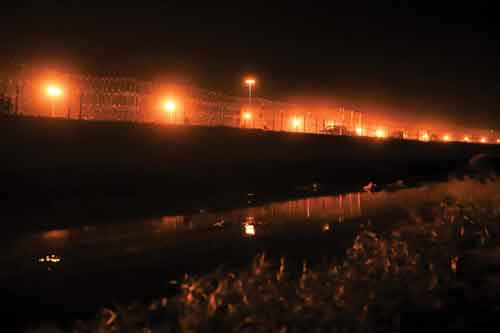
RK: Could you describe the camp for our readers?
MI: It was overcrowded with people from many different countries. The tension was high, and the atmosphere was stressful. The officer in charge of the camp was very racist. Those who had been there longer advised us not to argue with him if we wanted our files to be processed smoothly. Unfortunately, after a few months, my daughter lost her temper and argued with him, which delayed our application even further.
RK: What did you do while you were waiting?
MI: We were allowed to leave the camp on weekends; one time, while waiting for the second bus after departing from the first, I suffered a nervous breakdown and fainted. The bus driver refused to take us due to liability concerns and called an ambulance, which took me to the hospital. The doctor recommended that I be transferred to a different camp closer to the hospital due to my health. This new camp was cleaner and had better facilities. We were given a private room, making the wait for permanent relocation much easier.
RK: Did you know anyone in Holland?
MI: After settling into the new camp, I remembered a good friend of mine who lived in Holland. It took me a few days to find her phone number, but I eventually called her. She was surprised to hear that we were in Holland and invited us to visit her.
RK: Was she living close to the camp?
MI: No, it took two trains to reach her. We arrived at the first train station around midnight, only to find that no trains were running until the early morning. We had to stay in a small, filthy room at the station, crowded with homeless people, lonely women, and drug addicts. As tired as I was, I didn’t dare close my eyes. The thought of seeing my friend kept me going. She was well-off and had a lovely home and job. She even threw a party in my honor, where we met a professor from a Dutch university. This acquaintance opened up a great opportunity for my daughter to continue her education.
RK: How did you eventually get to America?
MI: I was happy for my daughter, even though I received the bad news that our application for permanent status in Holland was denied.
RK: Why was it denied?
MI: Holland was overwhelmed with applicants from the former Yugoslavia, who likely had priority due to their European origin. After several months, the United Nations intervened, allowing us to apply to a second country instead of being deported. We applied to the United States, where some of my family members were already living. It took about two years for our applications to be approved, and we finally arrived in the United States.
RK: Thank you so much for sharing your story with our readers.
MI: I’d like to thank Peyk for giving me the opportunity to share my immigration story with your readers, especially the younger generation of Iranians.


